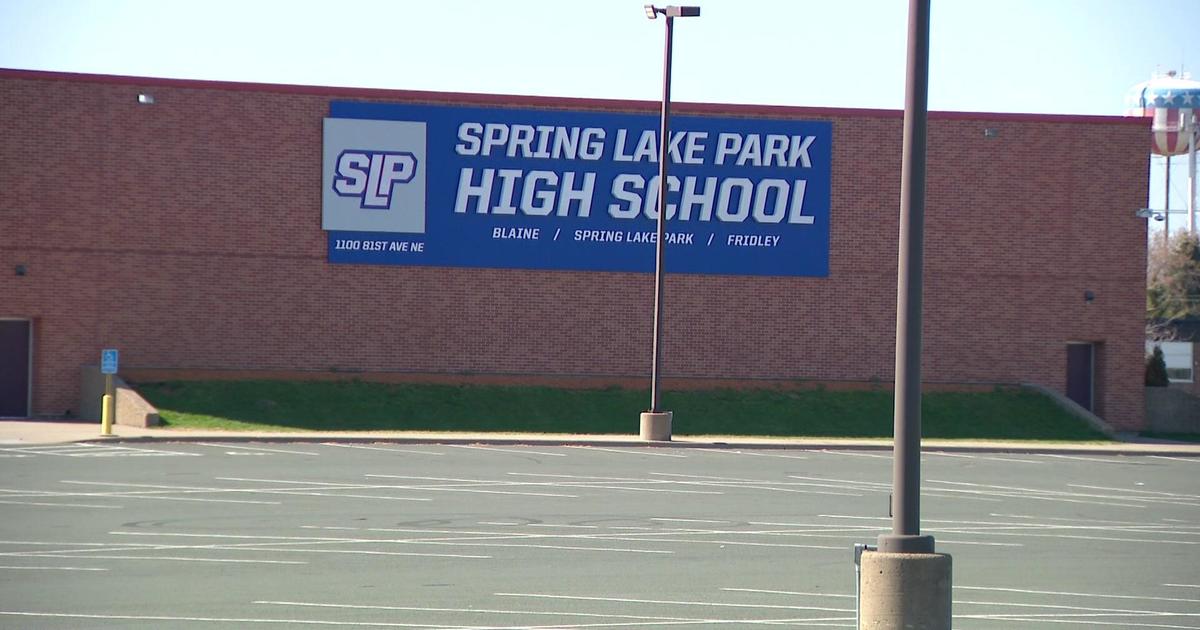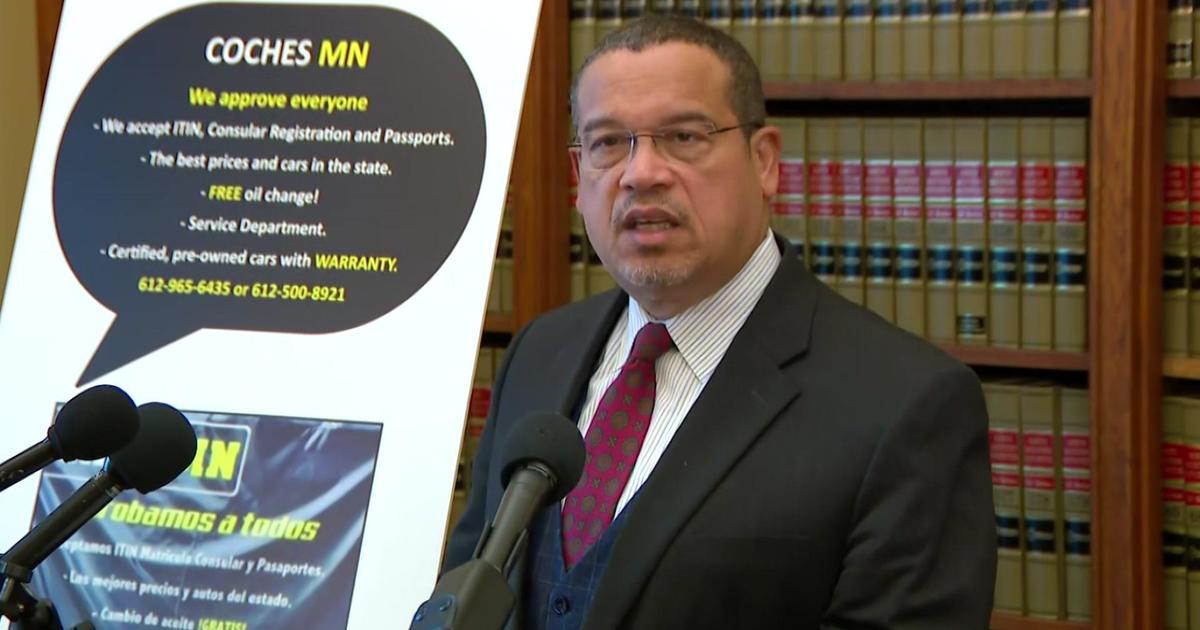Judge Hears Arguments Over Sex Offender Program
ST. PAUL, Minn. (AP) — Attorneys for residents of the Minnesota Sex Offender Program asked a federal judge on Wednesday to declare the program unconstitutional, saying that it is more of a prison than a therapeutic center and that it does not provide appropriate treatment to help its nearly 700 clients attain release.
The sex offenders in the program have been civilly committed to high-security facilities in Moose Lake or St. Peter after completing prison terms. Most are receiving treatment, which is supposed to lead to eventual reintroduction into society. But only one offender is out on provisional release.
"The results of the program don't speak for themselves — they scream for themselves," said Dan Gustafson, an attorney for residents of the program. "They have a statute here that was supposed to treat people, and it failed. ... I believe — the way they do risk assessments — the only way you can ever get out is to be dead."
But attorneys for the state disagreed, saying access to treatment is not a fundamental right. They argued the case should be dismissed.
U.S. District Judge Donovan Frank said he would take these requests and others under advisement.
"I'm going to accept the invitation to give close scrutiny to the program," Frank said.
A task force and state officials are already examining the 19-year-old program, after Gustafson's clients sued the state, alleging the program amounts to life confinement without appropriate treatment. Minnesota has the highest number of civilly committed sex offenders per capita among the 20 states with such programs.
Gustafson argued the program is punitive, and if the state takes custody of someone, the state must also provide treatment.
He said he's not asking that a flood of sex offenders be suddenly released, but suggested the court implement a plan to give the Legislature a chance to fix the program.
But Nate Brennaman, an attorney for the state, said the law doesn't require that the state have successful treatment outcomes. Still, he said, the program's current treatment plan is in line with acceptable standards.
Attorneys for the plaintiffs also asked for a preliminary injunction that would: order re-evaluation of all residents to determine if a less-restrictive program would be appropriate; order that the state provide less-restrictive alternatives; appoint a special master to oversee the program; and require adequate staffing.
Raina Borrelli, a plaintiffs' attorney, argued for less-restrictive options, saying the one-size-fits-all system doesn't work because every patient has a different level of risk. Brennaman said there is no fundamental right to a less-restrictive alternative, but noted that 16 residents are currently in a program that allows them to live with less supervision, outside the razor wire of the facility.
Brennaman also said the state has made improvements in hiring, and has moved a handful of patients into the next phase of treatment after a re-evaluation. He said a special master isn't needed, because the state is already making improvements.
"Where is the conscience-shocking conduct that would cause you to find a constitutional violation?" Brennaman said.
Frank said the plaintiffs are implying that a systemic problem exists. He plans to issue a ruling within 60 days.
(© Copyright 2013 The Associated Press. All Rights Reserved. This material may not be published, broadcast, rewritten or redistributed.)



